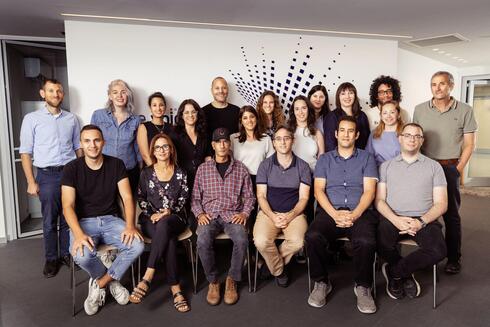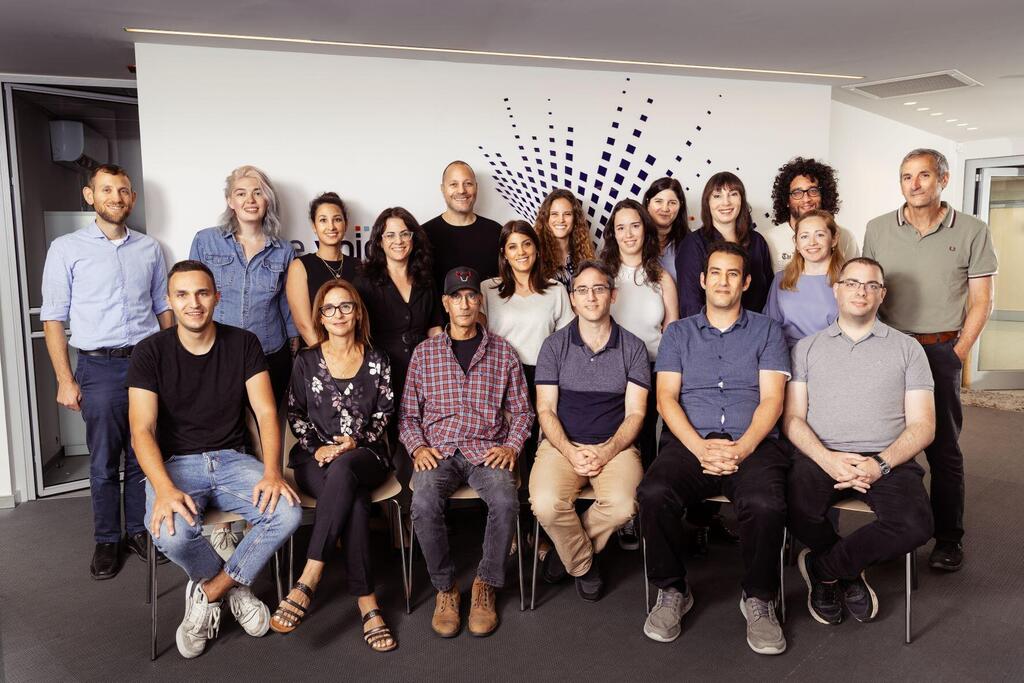
Cordio Medical raises $18 million to leverage speech processing to monitor heart failure
The Israeli startup’s technologies are based on true speech signal processing technology, unique to each patient, augmented with machine learning capabilities
Cordio Medical, which develops solutions for monitoring health conditions through a patient's speech, has raised $18 million from Ceros Financial Services and Peregrine Ventures.
Cordio Medical's HearO product converts a smartphone into a medical-grade device with an app that can monitor and detect fluid accumulation related to Congestive Heart Failure (CHF) condition deterioration. After a speech sample is collected from the patient's mobile device, the HearO cloud-based server analyzes the results. If CHF deterioration is discovered, a healthcare professional immediately notifies the patient with an alert.
Ceros Capital Markets, the investment banking division of Ceros Financial Services that focuses on fundraising for early-stage medical technology companies, and Peregrine Ventures, Israel’s first dedicated healthcare fund, led the latest funding to support a clinical validation study, health and academic partnerships, and sales team recruitment.
"More than 5.7 million Americans are afflicted with congestive heart failure (CHF), making it one of the most prevalent and costly conditions in the U.S.," said Tamir Tal, CEO of Cordio Medical. "This latest round of funding will allow Cordio Medical to be at the forefront of the MedTech space as the definitive pioneer in leveraging speech processing technologies to monitor CHF. A smartphone running our app for remote monitoring of CHF status will improve patient mortality, quality of life, and contribute to health economic outcomes."
Cordio Medical seeks to go to market in the U.S. in early 2024 with final approval from the FDA. The company’s technologies are based on true speech signal processing technology, unique to each patient, augmented with machine learning capabilities. A patient speaks into a smartphone app backed by algorithms that allow near real-time monitoring and early detection of condition deterioration. The system is patient-tailored, constantly learning the patient's voice, and provides personalized monitoring.














